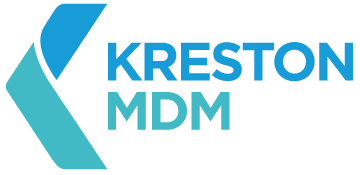Amendments to the Law on Electronic Invoicing and the Law on Fiscalization
Here is the list of the key amendments to the Law on Electronic Invoicing and the Law on Fiscalization:
Electronic invoicing (changes take effect on 1.1.2023):
- It has been introduced that an eInvoice that has been rejected can be subsequently accepted (for eInvoices recorded in the CRF, this provision will be applied from June 1, 2023)
- The obligation to issue an eInvoice for the sale of goods and services free of charge has been abolished
- It is specified that the provisions of this law do not apply to natural persons who are not liable for income tax from self-employment
- The definition of the term “public sector subject” has been harmonized
- If there is a temporary interruption in the work of the SEF, the eInvoice is considered delivered at the time of the re-establishment of the electronic invoice system.
- It has been clarified which entities have the obligation to register VAT electronically in the SEF. Namely, persons who are considered tax debtors (in terms of the VAT Act), but who are not in the VAT system and have not registered as voluntary beneficiaries, are exempt.
Fiscalization (changes entered into force on 20.12.2022):
- The connection of SUF and SEF was introduced, so that the data contained in the Fiscalization Management System (SUF) related to fiscal invoices issued to legal entities, i.e. self-employed income tax payers, are transferred to the System of Electronic Invoices (SEF) – a secondary legal act will be adopted within 180 days from the date of entry into force of this law
- Another exception to the rule has been introduced, which refers to the mandatory use of at least one electronic fiscal device that uses its own fiscal account processor in a retail establishment. This includes taxpayers who are subject to fiscalisation, who occasionally carry out retail sales of their own used movable tangible assets.
- It is defined that the turnover of goods and services that the taxpayer is subject to fiscalization to legal entities, i.e. taxpayers of income tax from self-employment, outside their retail establishment is not considered retail turnover




